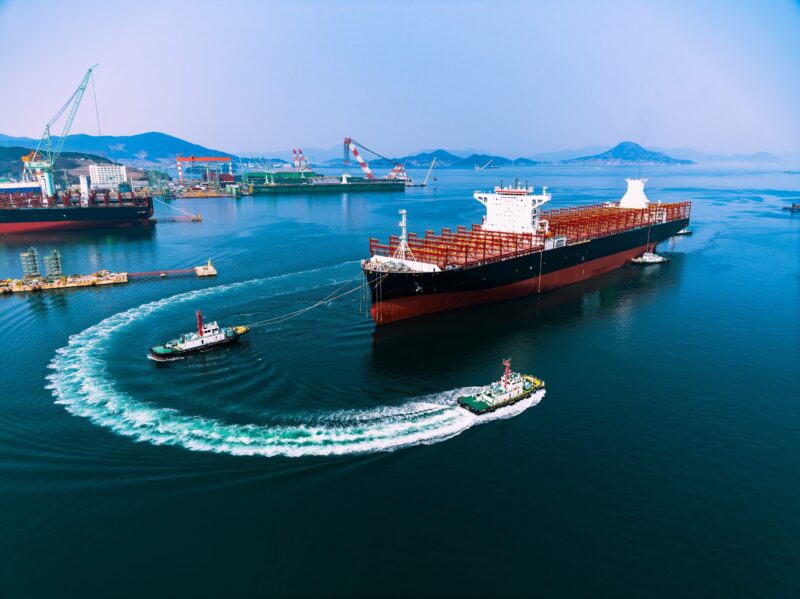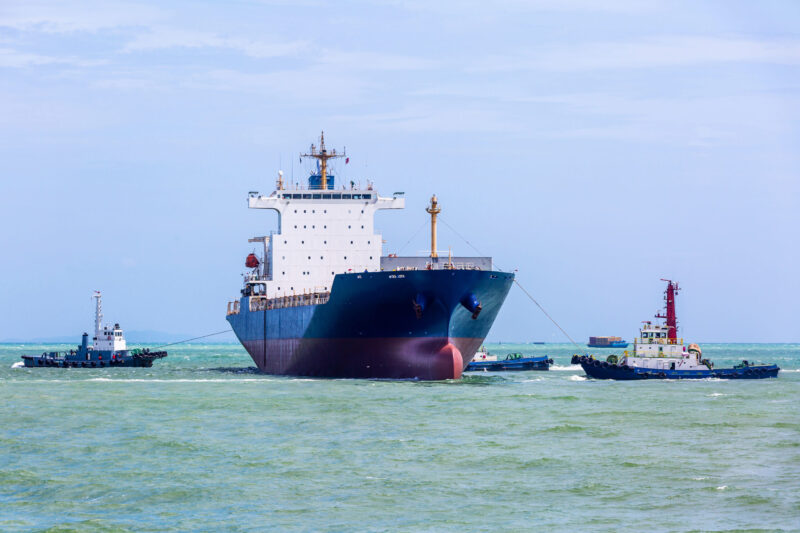
This site
is mobile
responsive

The global maritime industry is undergoing a major transformation as it aligns itself with the broader global agenda of sustainability and decarbonisation. Central to this shift is the evolution of the bunkering sector—the process of supplying fuel to ships—which has moved beyond its traditional role into a vital component of green shipping strategies. This transformation is driven by the International Maritime Organisation’s (IMO) regulations on sulphur emissions, the increased uptake of low-carbon fuels, and intensifying climate ambitions across the shipping industry.
Countries across the globe are ramping up investments in alternative fuel infrastructure such as LNG (liquefied natural gas), biofuels, and, more recently, ammonia and methanol. These cleaner alternatives not only comply with stricter environmental regulations but also provide competitive advantages to ports and shipping lines that are first movers in green innovation.
Malaysia, strategically located along the Straits of Malacca—one of the world’s busiest and most vital maritime corridors—is well-positioned to seize the opportunities emerging from this global pivot. The nation’s ports are already making headway. In a major milestone, the Port of Tanjung Pelepas (PTP) successfully carried out its first LNG bunkering operation in collaboration with PETCO and CMA CGM, a global shipping and logistics company in February 2024. Similarly, Port Klang completed two successful biofuel bunkering operations for Taiwanese carrier Yang Ming in July 2024 using B24 fuel—a blend of used cooking oil methyl ester and marine fuel—which reportedly achieved up to a 20 percent reduction in greenhouse gas emissions.
These early successes demonstrate Malaysia’s growing readiness to play a pivotal role in the sustainable bunkering ecosystem. However, the implications extend far beyond cleaner fuel supply alone. As bunkering capabilities grow, they generate a powerful ripple effect across several high-impact industries—namely, logistics, shipbuilding and ship repair, and oil and gas services. These sectors are not only essential to maritime trade but are also vital to Malaysia’s broader industrial and investment strategy.
The logistics industry, for instance, is a direct beneficiary of enhanced bunkering activity. Efficient fuel delivery and vessel turnaround depend on strong port logistics, modern warehousing, and advanced supply chain coordination. With transhipment hubs like PTP and Port Klang ranked among the top in Southeast Asia, Malaysia is primed to attract further investment in integrated logistics and support infrastructure. MIDA continues to facilitate such investments, focusing on third-party logistics providers, cold chain logistics, and maritime-related transportation solutions that enhance port competitiveness.
Meanwhile, the shift towards alternative fuels creates new demand in the shipbuilding and ship repair sector. As global fleets transition to dual-fuel and low-emission vessels, there is a growing need for retrofitting services, emission control technologies, and future-ready vessel designs. Malaysia’s shipyards—many of which are already active in regional markets—can scale up capabilities through targeted investments in engineering upgrades, skilled labour, and green ship design innovation. MIDA’s support in promoting this industry includes incentives for modernisation, digitalisation, and environmentally friendly technologies.
In addition, Malaysia’s oil and gas services industry—one of the most developed in the region—offers strong synergy with the demands of the modern bunkering landscape. LNG bunkering, in particular, requires high-level expertise in cryogenic fuel management, safety protocols, and terminal operations. Malaysia’s existing strengths in offshore marine services, fabrication, and energy engineering provide a solid platform for expansion into these emerging technical domains.
To maximise the economic spill overs from bunkering-related growth, a coordinated policy and investment approach is crucial. While MIDA does not directly regulate bunkering operations; it assumes an instrumental role in shaping the surrounding industrial ecosystem. By enabling capital inflow, fostering public-private collaboration, and promoting sustainable technology adoption, MIDA ensures that Malaysia remains competitive in the global maritime economy.
In conclusion, the evolution of the bunkering industry presents a compelling opportunity for Malaysia to reinforce its position as a regional maritime and logistics hub. The integration of green bunkering services with logistics, ship servicing, and oil and gas support infrastructure signals the emergence of a more resilient and sustainable industrial base.
With strategic and customised facilitation from MIDA, these developments are well-aligned with national ambitions to grow the maritime economy, create high-value jobs, and support the transition to low-carbon industrial growth.
For more information on investment opportunities in logistics, shipbuilding and ship repair, and oil and gas services, contact the Oil and Gas, Maritime and Logistics Services Division at https://www.mida.gov.my/staffdirectory/oil-and-gas-maritime-and-logistics-services-division/.
